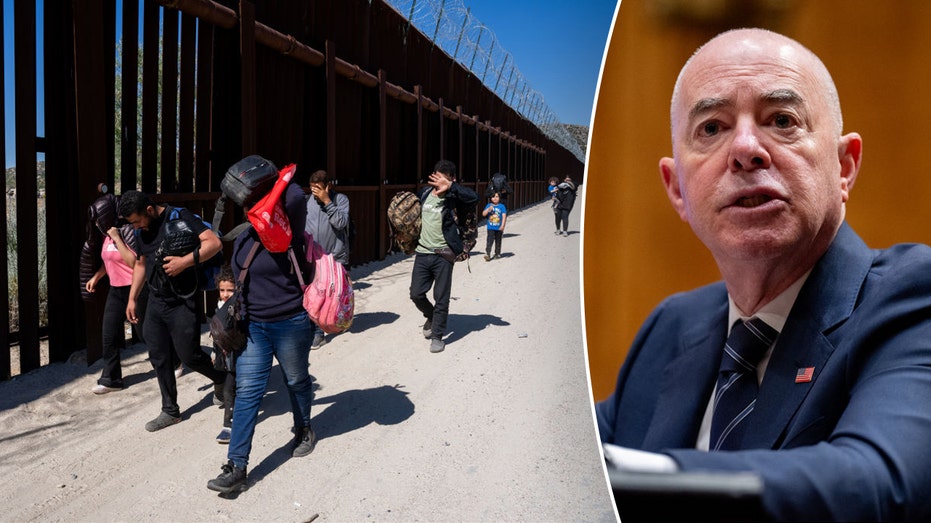GOP Lawmaker Vows to 'Close' Controversial Biden-Era 'Side Door' on Key Issue
U.S. proposes new laws limiting immigration parole admissions to 3,000 annually from 2029 and restricting parole for countries of concern.

New legislation introduced in Congress seeks to dramatically restrict the number of individuals allowed into the United States each year under immigration parole. The proposed "Preventing the Abuse of Immigration Parole Act" would set a strict annual limit of 3,000 parole admissions starting in fiscal year 2029, a significant departure from current policy.
The measure aims to respond to mounting concerns over the use of parole powers by federal immigration authorities in recent years. According to the bill's text, it would also codify a requirement that parole be granted only on a case-by-case basis, rather than for entire groups or classes of people. Further tightening eligibility, the legislation explicitly bars parole for individuals from “countries of concern” such as Iran, North Korea, Cuba, Syria, and Russia, except in rare instances when the Department of State provides special authorization.
The bill’s primary sponsor, Representative Addison McDowell of North Carolina, has been outspoken about what he describes as the “abuse” of parole authority during the Biden administration. In a recent statement, McDowell criticized previous immigration policies, arguing that they exposed the country to significant security risks and strained American communities. “My bill, the Preventing the Abuse of Immigration Parole Act, caps parole entries and closes the side door that’s been exploited to bypass our borders,” McDowell stated.
This legislative push follows findings by a congressional subcommittee which reported that an estimated 2.8 million individuals received parole during President Joe Biden’s tenure under then-Secretary of Homeland Security Alejandro Mayorkas. The bulk of these admissions reportedly involved citizens of Cuba, Haiti, Nicaragua, and Venezuela—groups covered by special parole programs that have played a significant role in recent border policy debates.
Legal battles over these programs continue to play out. A recent Supreme Court stay allows the Department of Homeland Security to deport certain parolees while litigation proceeds, raising questions about the long-term future of these initiatives. DHS officials have characterized this development as a “victory” for those pushing for tighter immigration controls, arguing that the ongoing parole programs undercut American workers and compromise national security.
The proposed parole cap comes at a time when broader immigration enforcement issues are front and center in federal policymaking. The House has advanced reconciliation legislation that includes more resources for border security and immigration enforcement, with final passage pending in the Senate. Should both chambers agree, the measure could reach President Donald Trump for signature during his current campaign for another term in office.
As the debate intensifies, supporters of parole reform argue that decisive action is necessary to restore order at the border and protect national interests. Opponents, however, caution that sweeping restrictions could undermine America’s longstanding commitment to humanitarian relief and due process. The fate of the "Preventing the Abuse of Immigration Parole Act" now rests with lawmakers as they weigh the future direction of U.S. immigration policy.




